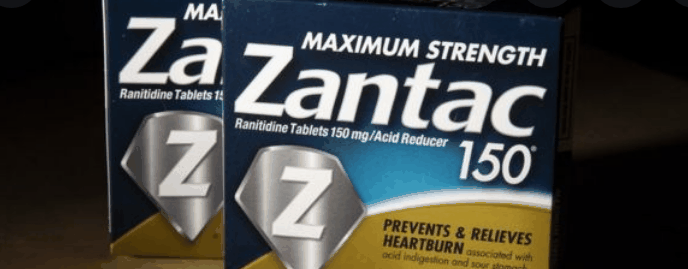Plaintiff in GSK Zantac lawsuit pulls suit for now

GlaxoSmithKline said the plaintiff in the first lawsuit over the heartburn drug Zantac to go to trial had agreed to drop his case for now.
FTSE 100
8,141.32
10:20 27/12/24
FTSE 350
4,492.20
10:20 27/12/24
FTSE All-Share
4,449.99
10:20 27/12/24
GSK
1,339.00p
10:20 27/12/24
Pharmaceuticals & Biotechnology
20,019.61
10:19 27/12/24
The company is one of several facing around 3,000 personal injury lawsuits alleging the drug caused cancer.
Welcoming the decision, GSK said that it had not paid “anything” in exchange for the voluntary dismissal.
“The overwhelming weight of the scientific evidence supports the conclusion that there is no increased cancer risk associated with the use of ranitidine,” GSK said, adding it “will continue to vigorously defend itself against all claims alleging otherwise”. Ranitidine is sold under the brand name Zantac.
Shares of GSK, Sanofi, Pfizer and Haleon slumped last week over the litigation. US regulators pulled Zantac from the market in 2020 after an investigation into whether its active chemical, ranitidine, causes levels of a probable carcinogen N-nitrosodimethylamine to rise.
The first trial in one lawsuits had been scheduled to begin next Monday in Illinois state court. The plaintiff, Joseph Bayer, alleged that he developed esophageal cancer from taking over-the-counter Zantac.
“For personal health reasons, he is not able to go to trial at this time,” Alexandra Walsh, an attorney for Bayer, said in an email. “But, under Illinois law, he has the right to refile his case any time in the next year.”
“The overwhelming weight of the scientific evidence supports the conclusion that there is no increased cancer risk associated with the use” of the drug, GSK said in a statement.
Zantac, which came to market under a forerunner of GSK, has been sold by several companies since its exclusive patent expired more than 20 years ago, including Pfizer, Boehringer Ingelheim and Sanofi. Haleon, spun out as an independent company last month, comprises consumer health assets once owned by GSK and Pfizer.
Reporting by Frank Prenesti at Sharecast.com